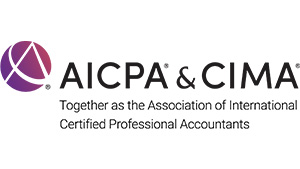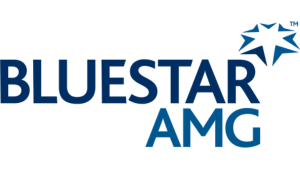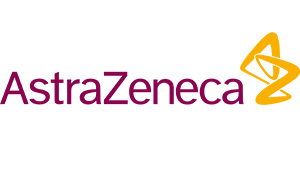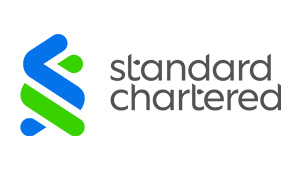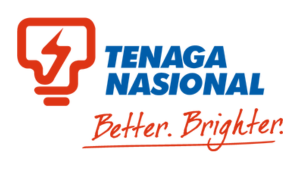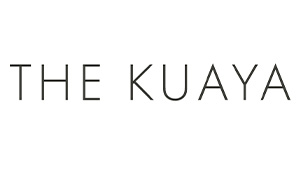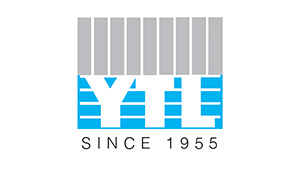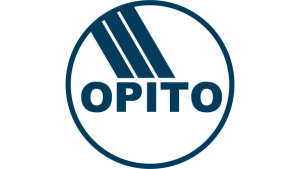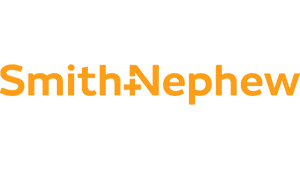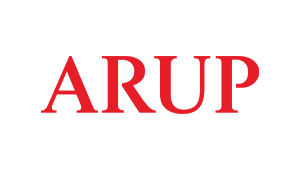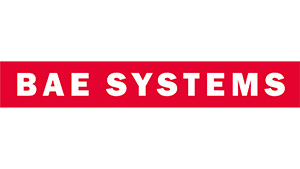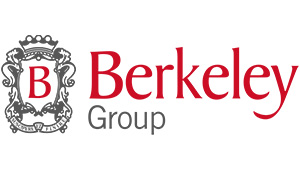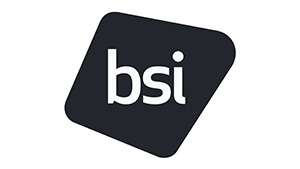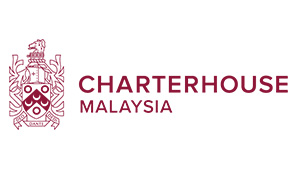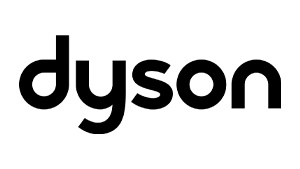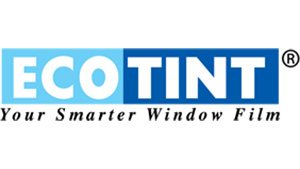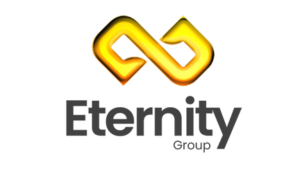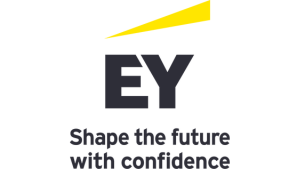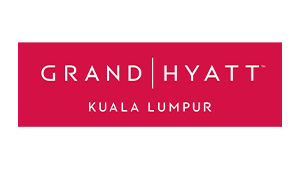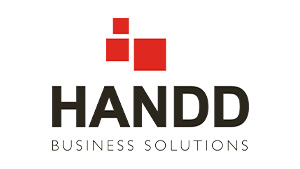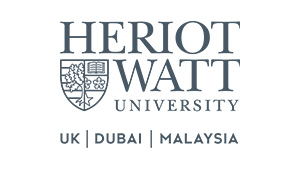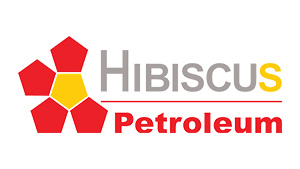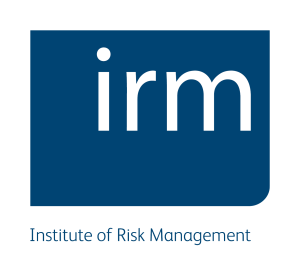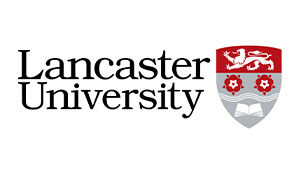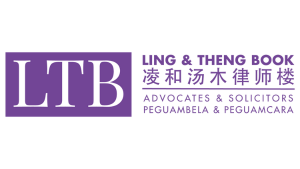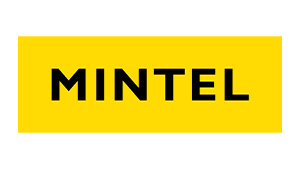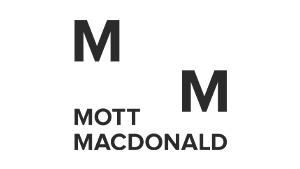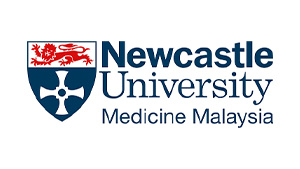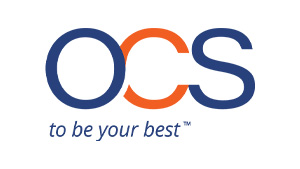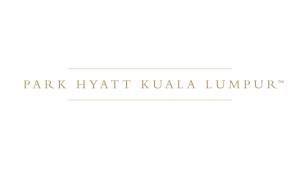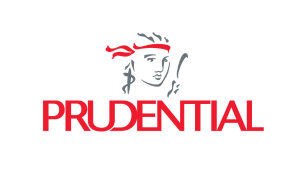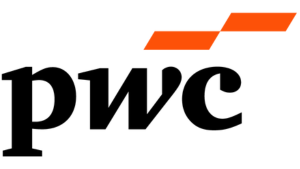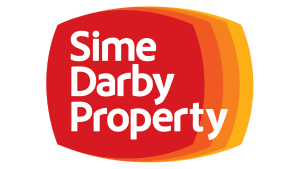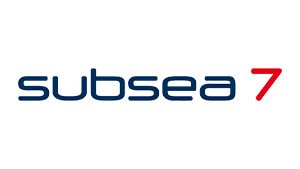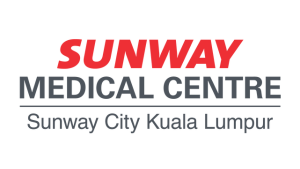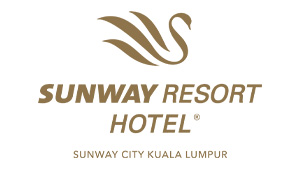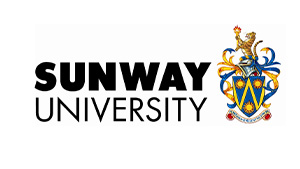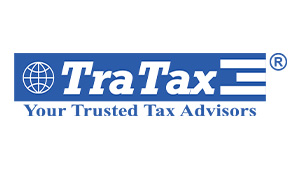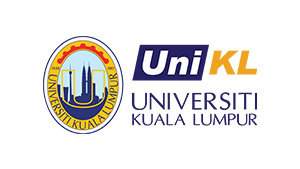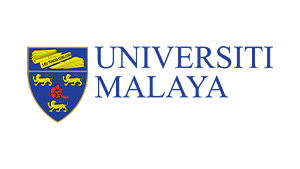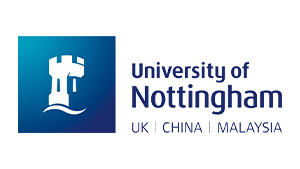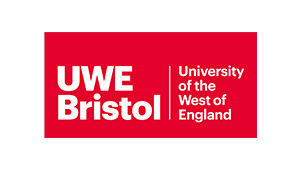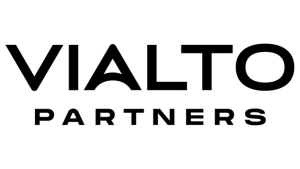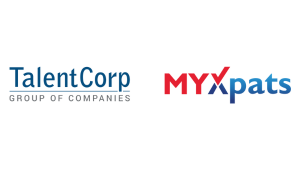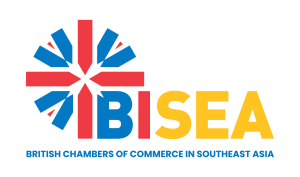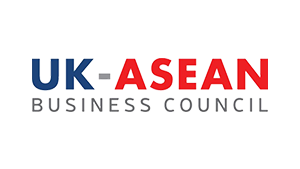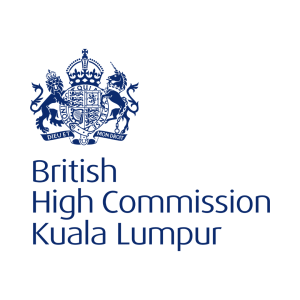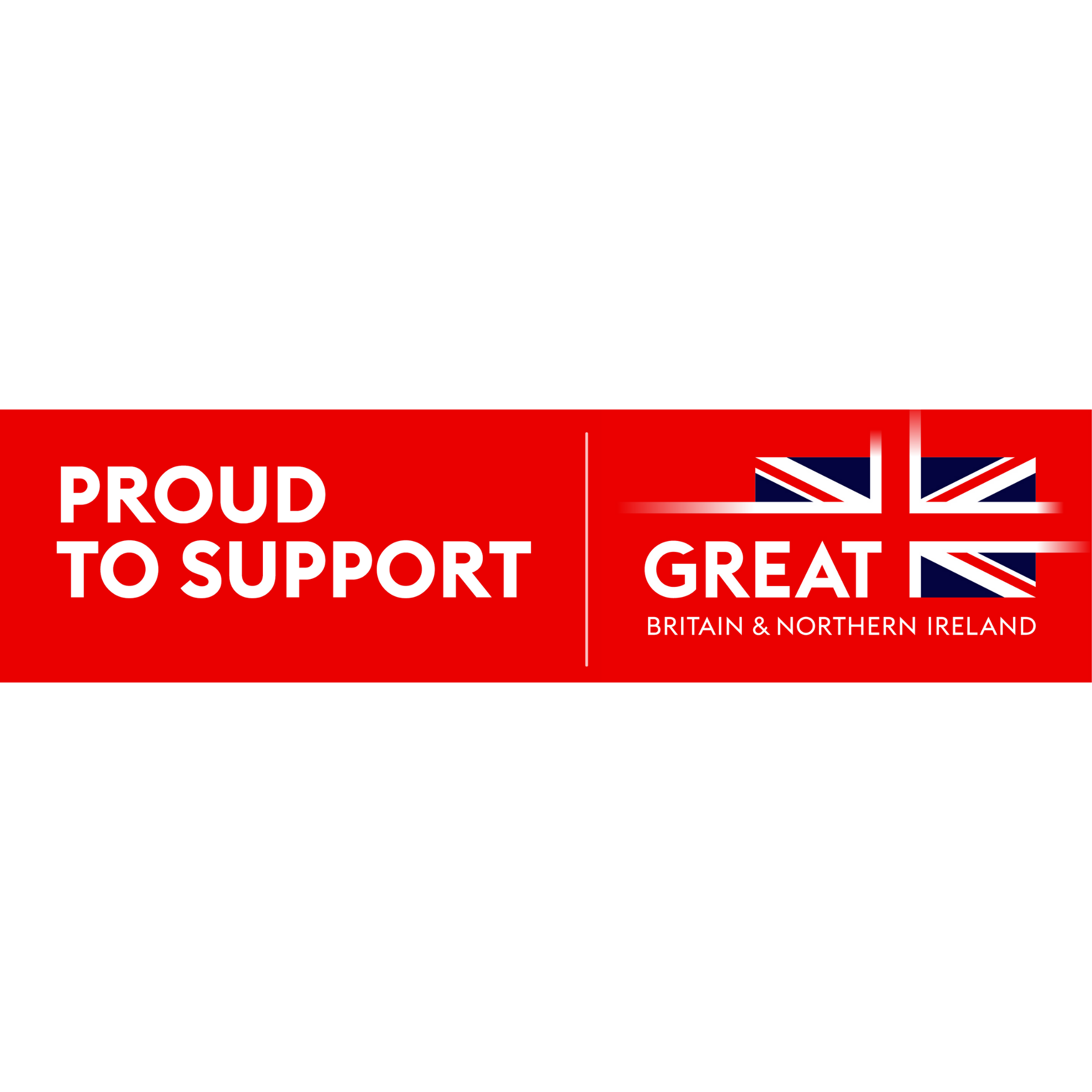Take 5 | Q&A with David Mizan Hashim, Group President, VERITAS


How important is environmental sustainability and the green agenda to VERITAS?
The word VERITAS, which is Latin for “truth”, disciplines us, to be honest in knowing and managing the impact on the environment of our work. This is important for our identity as a purpose-driven organisation, so much so that when VERITAS was founded 35 years ago, we formalised “environment” as one of our five core values – we have not looked back ever since.
We would like to re-frame the green agenda as a green advocate instead, in the sense that whilst we offer integrated and innovative design solutions – we aggressively practice sustainability beyond, or sometimes against, our own financial interests. In all our Business-As-Usual (BAU) and Corporate Social Responsibility (CSR) engagements, we advise stakeholders to think their decisions over and consider the return of investments in sustainable, resilient buildings. After all, we believe in educating and collaborating with stakeholders as a unified effort in green advocacy.
What are some of VERITAS’ main initiatives in the green space?
First and foremost, we take pride in being a leading design group for which achieving a sustainable built environment is the topmost priority. Our VERITAS Integrated Professional Services (VIPs) protocol encompasses urban planning, architecture, engineering, and environmental consultancy of which all disciplines are essential to a holistically sustainable design solution.
On the other hand, we seek to expand our advocacy of sustainability beyond brick and mortar. We encourage sustainable ways of using space by educating our clients through the lens of the Environment, Social and Governance (ESG) agenda.
We use our very own brainchild “CARE – Cost Awareness by Responsibility to the Environment” to evaluate the operational cost of our office by tracking the usage of electricity and water, waste produced by our internal operations as well as vehicular usage of petrol by the staff. All these efforts are converted into real monetary savings which are returned in cash to staff who take public transport.
The “VFE – VERITAS Fund for Excellence” is another initiative created to engage with the wider public via environment-focused CSR efforts such as beach-cleaning, mangrove-planting and place-making.
The “VLS – VERITAS Lecture Series” is an annual conference sponsored by VERITAS, the main objective of which is to present useful industry information and unique learning experiences to key stakeholders about subjects relating to sustainability, resilience and environment.
We are also proud to have developed GreenCheck, a customised sustainability design tool, which we use at an early design stage of our projects to maximise the impact on cost and building performance. We even make it an open-source tool and we share it with everyone!
Ultimately we believe in empowering the people as users of green space for which we assume responsibility to lead and educate them by setting a good example ourselves.
How is VERITAS implementing these initiatives and who is leading them?
Teamwork is key to implementing these endeavours and VERITAS is proud to have a group of champions committed to the ideal of sustainability. We call them the “VERITAS ESG SWAT Team”.
We coined the notion of “SWAT” as the team operates like an elite army, empowered by top management and equipped with specific knowledge about sustainability. Each and every member of the team is a champion of their own designations yet they work together to achieve one goal which is to improve the built environment for the advancement of humankind.
What are the key aims and targets for VERITAS’ green initiatives and what are your timelines to achieve them?
We aim to be one of the key forces shaping the built environment in line with the Kuala Lumpur Low Carbon Society Blueprint 2030 and the Kuala Lumpur Climate Action Plan 2050.
As the next step forward, we target to build a green value chain, which ties us to all our clients, suppliers and stakeholders by formalising an ESG agenda into our businesses. By doing so, we can ensure our products are truly sustainably sourced, designed and built for the interests of the general public.
Why, in your opinion, is the Race to Zero Campaign instrumental for businesses?
The Race to Zero Campaign is a marathon, not a sprint. Presumably, this noble cause would likely be met with setbacks and inactions which in turn force the agenda to be sidelined for the sake of profit-making.
What we see in the campaign are raising awareness and making tough decisions especially when climate change has direct adverse impacts on the line of business. For example, research conducted by ClimateCentral has projected most of Port Klang will be submerged by 2050 and we have our developer clients telling us that they are moving their land banks away from the flood-prone areas.
There is so much uncertainty and risks in the future of businesses, what we ought to do is be proactive in the quest of Race to Zero, rather than be reactive at the mercy of climate change.

